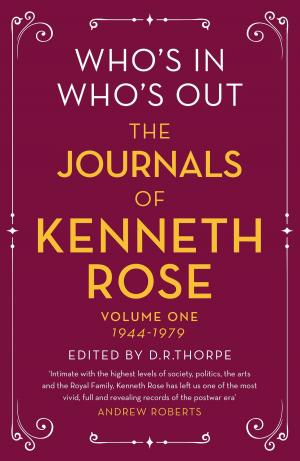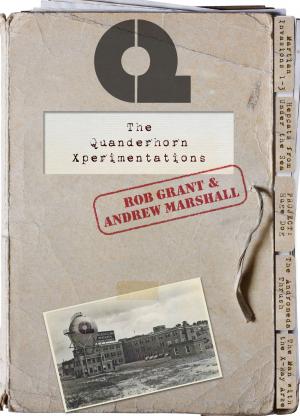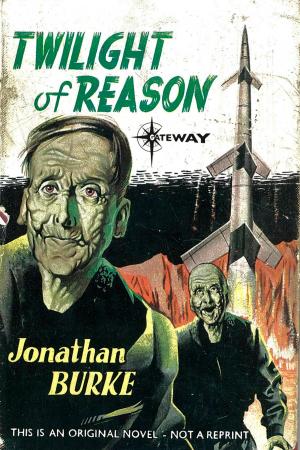| Author: | Raymond Plant | ISBN: | 9781780221601 |
| Publisher: | Orion Publishing Group | Publication: | September 14, 2011 |
| Imprint: | Weidenfeld & Nicolson | Language: | English |
| Author: | Raymond Plant |
| ISBN: | 9781780221601 |
| Publisher: | Orion Publishing Group |
| Publication: | September 14, 2011 |
| Imprint: | Weidenfeld & Nicolson |
| Language: | English |
Part of the GREAT PHILOSOPHERS series.
G.W.F. Hegel 1770-1831
Without Hegel, modern thought is unthinkable. From Marx to Merleau-Pontyh, from Kierkegaard to Nietzsche, those whose ideas have made the modern age have all worked in his shadow.
For Hegel's preoccupations have turned out to be our own. The isolation of the individual adrift in society, the yearning of the divided self for an integrated wholeness: these are anxieties his successors have shared. The rival claims of the personal and the public, the immediate instant and the wider historic narrative: these have remained pressing problems through two hundred years of change.
Yet if his 'philosophy' seems as contemporary as ever, Hegel's 'religious' views have been dismissed as irrelevant anachronism. The distinction is false, however. In his theological explorations, suggests Raymond Plant in this illuminating new guide, Hegel tackled the issues of interest to us all.
Part of the GREAT PHILOSOPHERS series.
G.W.F. Hegel 1770-1831
Without Hegel, modern thought is unthinkable. From Marx to Merleau-Pontyh, from Kierkegaard to Nietzsche, those whose ideas have made the modern age have all worked in his shadow.
For Hegel's preoccupations have turned out to be our own. The isolation of the individual adrift in society, the yearning of the divided self for an integrated wholeness: these are anxieties his successors have shared. The rival claims of the personal and the public, the immediate instant and the wider historic narrative: these have remained pressing problems through two hundred years of change.
Yet if his 'philosophy' seems as contemporary as ever, Hegel's 'religious' views have been dismissed as irrelevant anachronism. The distinction is false, however. In his theological explorations, suggests Raymond Plant in this illuminating new guide, Hegel tackled the issues of interest to us all.















